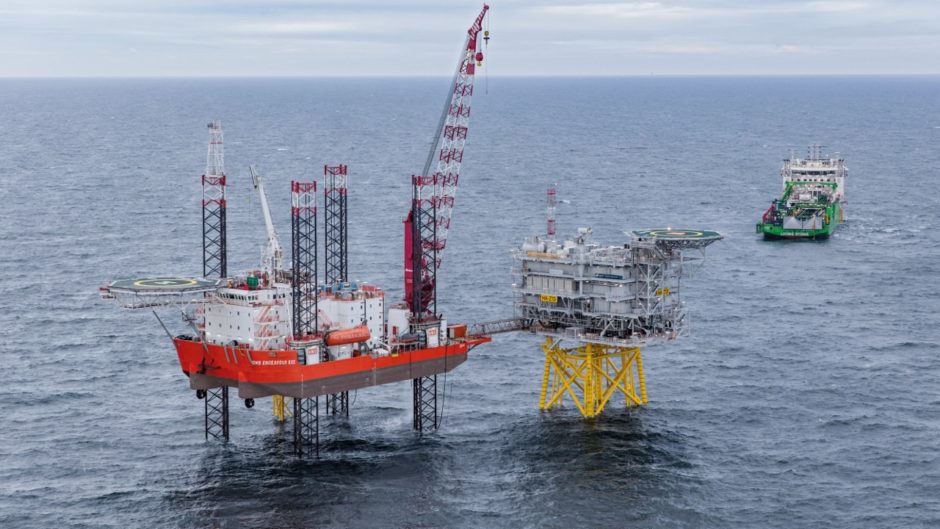
Gulf Marine Services (GMS) has made progress in shoring up its future but much rests on its negotiations with lenders.
The company, which provides self-propelled self-elevating support vessels (SESVs) in the Middle East and North Sea, posted an increased loss for the first half of the year, at $16.9 million, up from the $4.4mn for the same period of 2018. Revenue was essentially flat, at $55mn, while adjusted EBITDA fell slightly, to $22.3mn from $25.4mn. Revenue for the second half of 2018 was $67.2mn.
“Criticism of the company over recent years has been that it was too slow to adapt to the changing circumstances since [the IPO in 2014],” said GMS’ executive chairman Tim Summers to Energy Voice. Across the sector, day rates and utilisation was falling, he noted.
“One of the areas that we’ve focused on has been customer diversification. In 2015, two thirds of our business was with just one customer. Now, all our business in the United Arab Emirates accounts for just over a quarter,” Summers continued. “We could have been faster to adapt but we are now focused on the task at hand. We will exceed cost targets and we expect to achieve annualised savings of $8.5mn – we will at least meet that.”
GMS secured a waiver allowing it to rollover various financial instruments last week, allowing it to go ahead with the posting of its results. These had been delayed from September 11. In the longer term, GMS must achieve a restructured agreement. This would involve an extension to its existing facilities, including a term loan, a working capital facility and a performance bond facility.
New agreements must be reached before the end of the year. Failure would see the company declared to be in default and it would lose access to the performance bond.
“The waiver was a very important step forwards for GMS and it tells us a lot about what the banks’ positions are. They want to work with us and help us get through these discussions. There are some inter-creditor issues that have slowed progress down but we’re positive about the dialogue,” the company’s CFO Steve Kersley told Energy Voice.
Summers agreed, saying the banks have had a similar response to GMS’ woes as shareholders, although with a slightly different perspective. The banks want a “business plan that underpins our ability to repay them. The talks are constructive but they’re inquiring hard.” The executive went on to say that the turnaround was not complete, but regaining the trust of investors would be driven by positioning GMS for a “very different” marketplace.
Local differences
The oil price downturn played a major role in GMS’ difficulties, but there are some positive signs. “There are consistent increases in activity in the Middle East – in UAE, Saudi Arabia and Qatar – and that’s across the board of NOCs and IOCs. That’s driven by the appeal of operating in some of the lowest cost production in the world, where maintenance and operations are core to those companies’ achieving their production targets,” GMS’ executive chairman continued.
The North Sea has been slower off the blocks. Summers attributed recent ownership changes in the North Sea for slowing recent activity, with new operators taking stock of their assets before making new commitments. “Renewables are looking very strong, with wind farms going further and further offshore, while turbines get bigger. Activity has come in at a slower pace than forecast. The fundamentals are there but we were over optimistic on timing.”
Kersley noted the link between utilisation and rates. With the former going up, “more bids are coming in and we expect to see rates bounce back in 2020”.
Recommended for you

